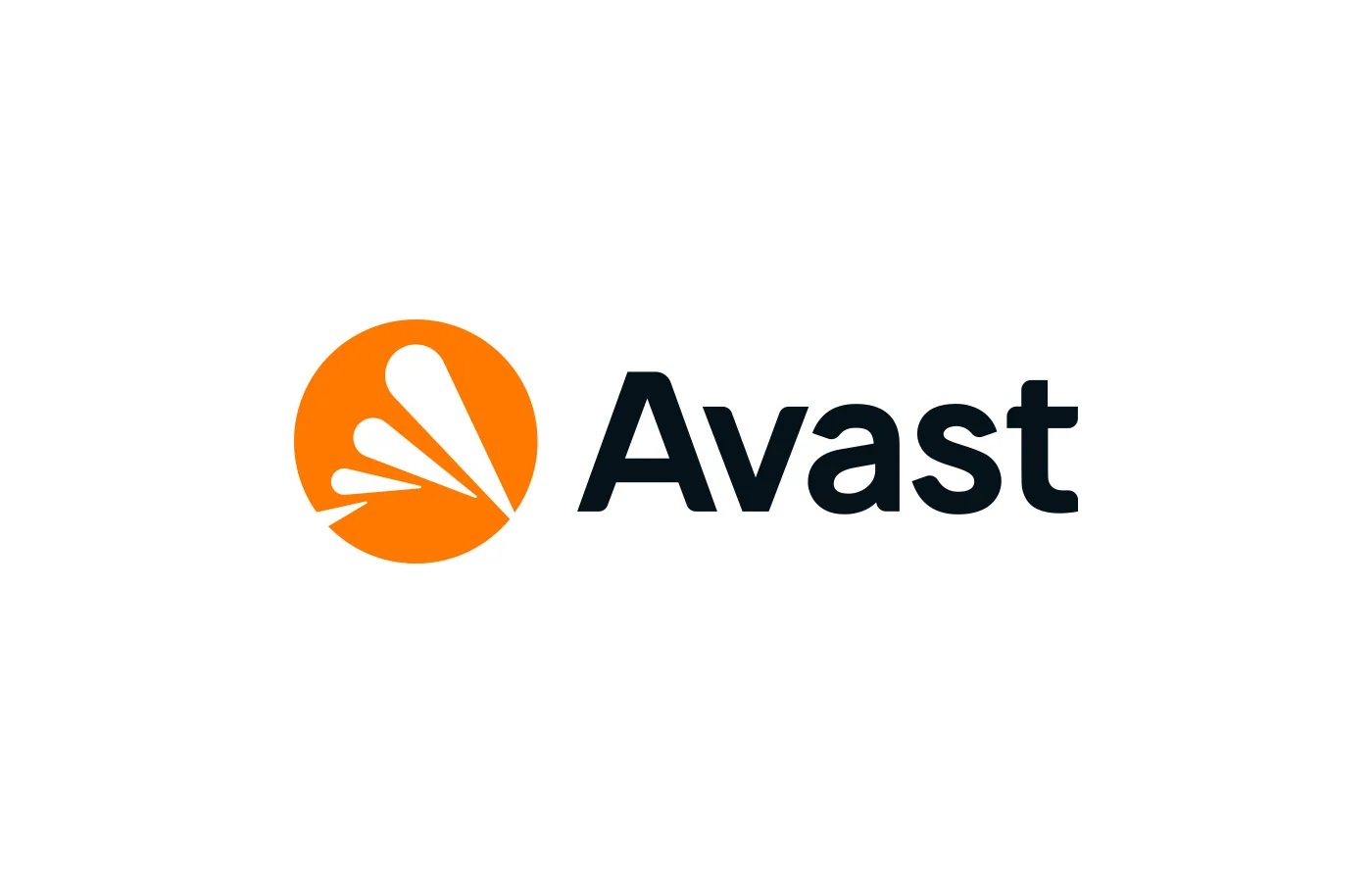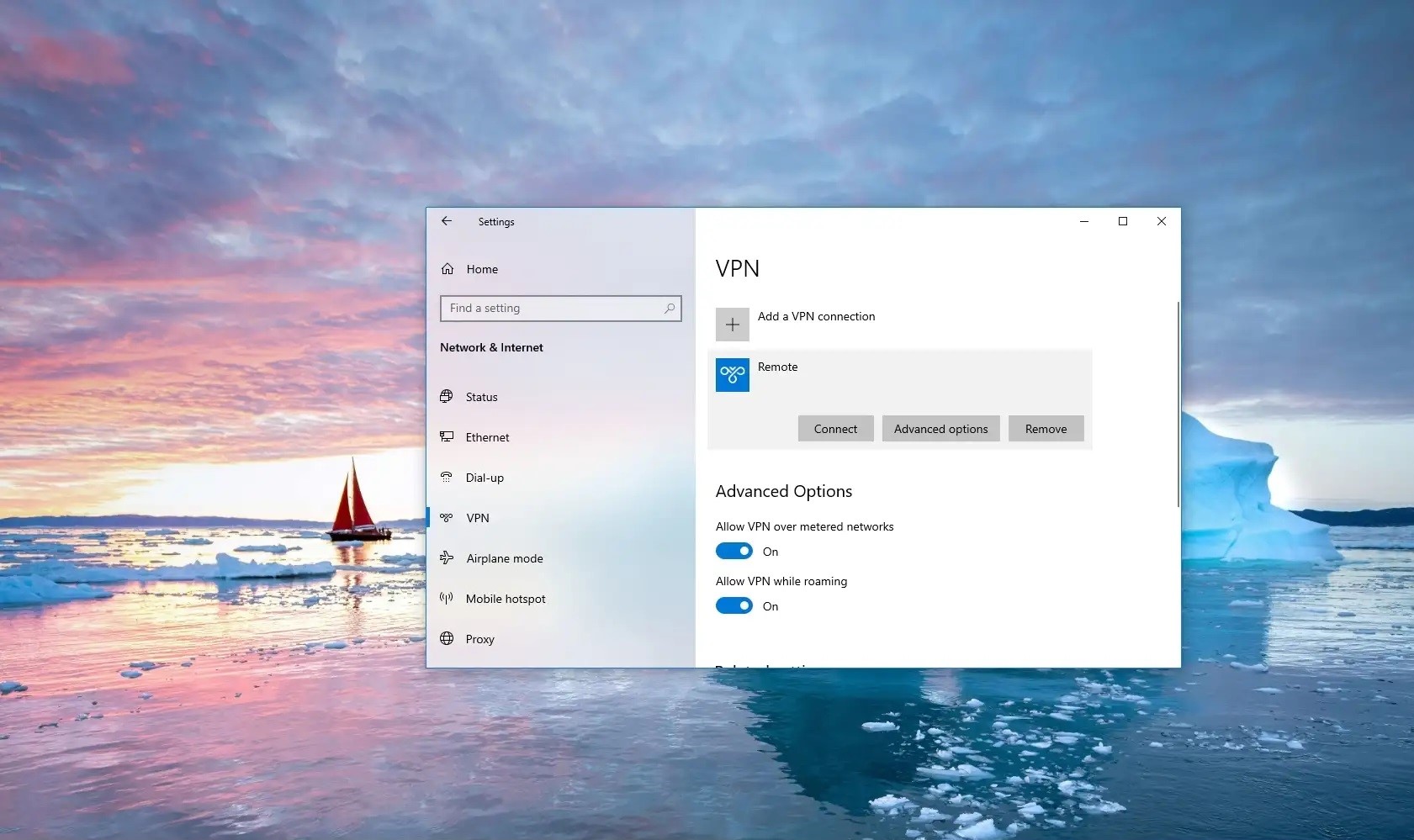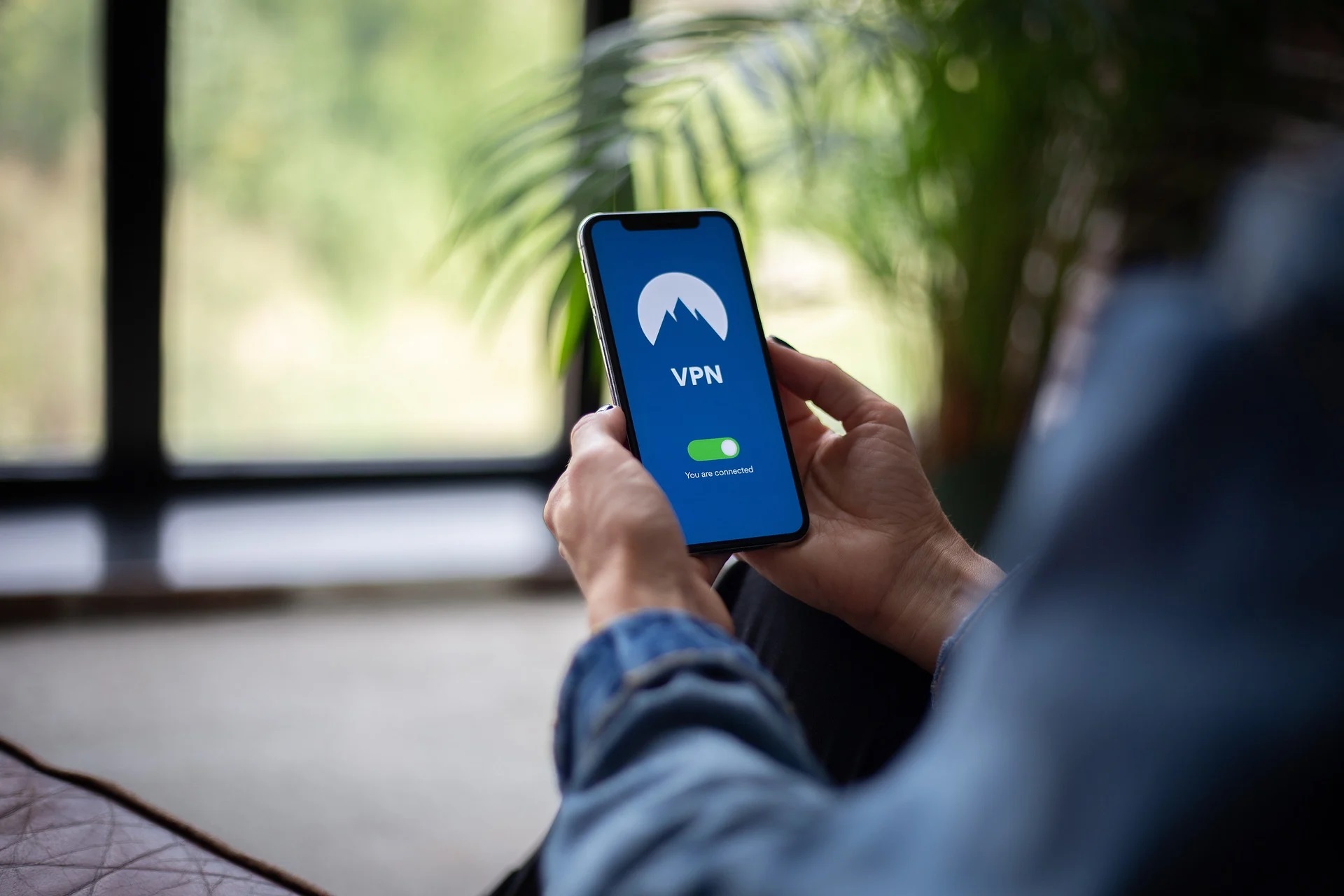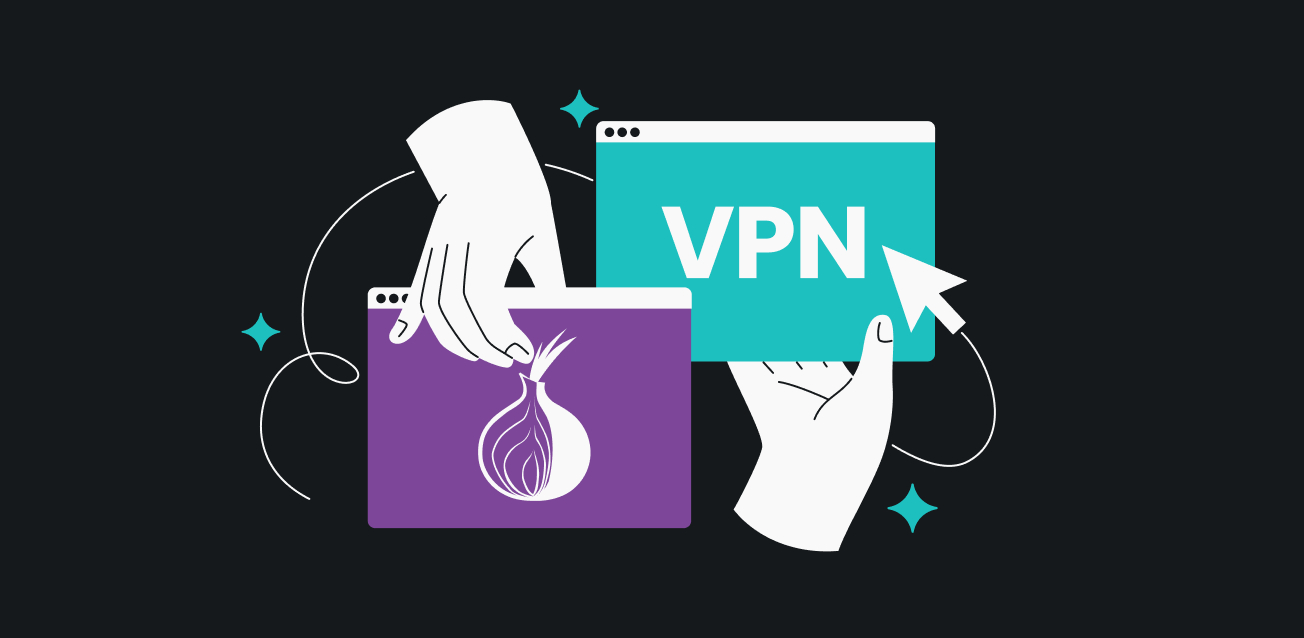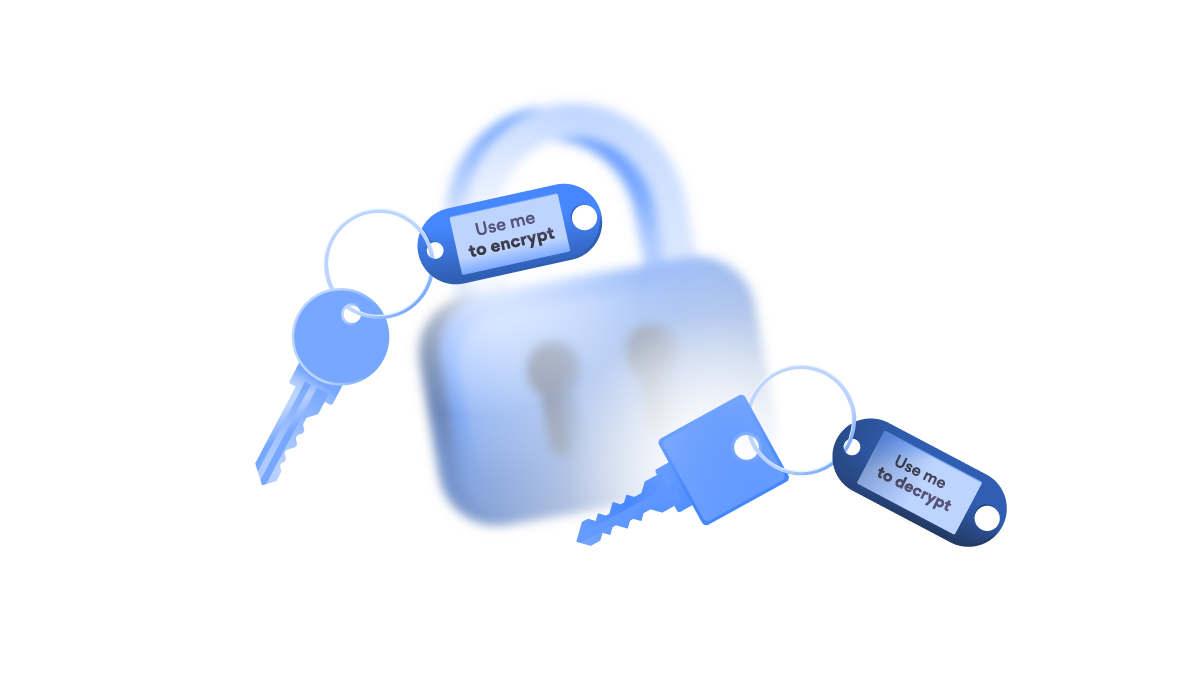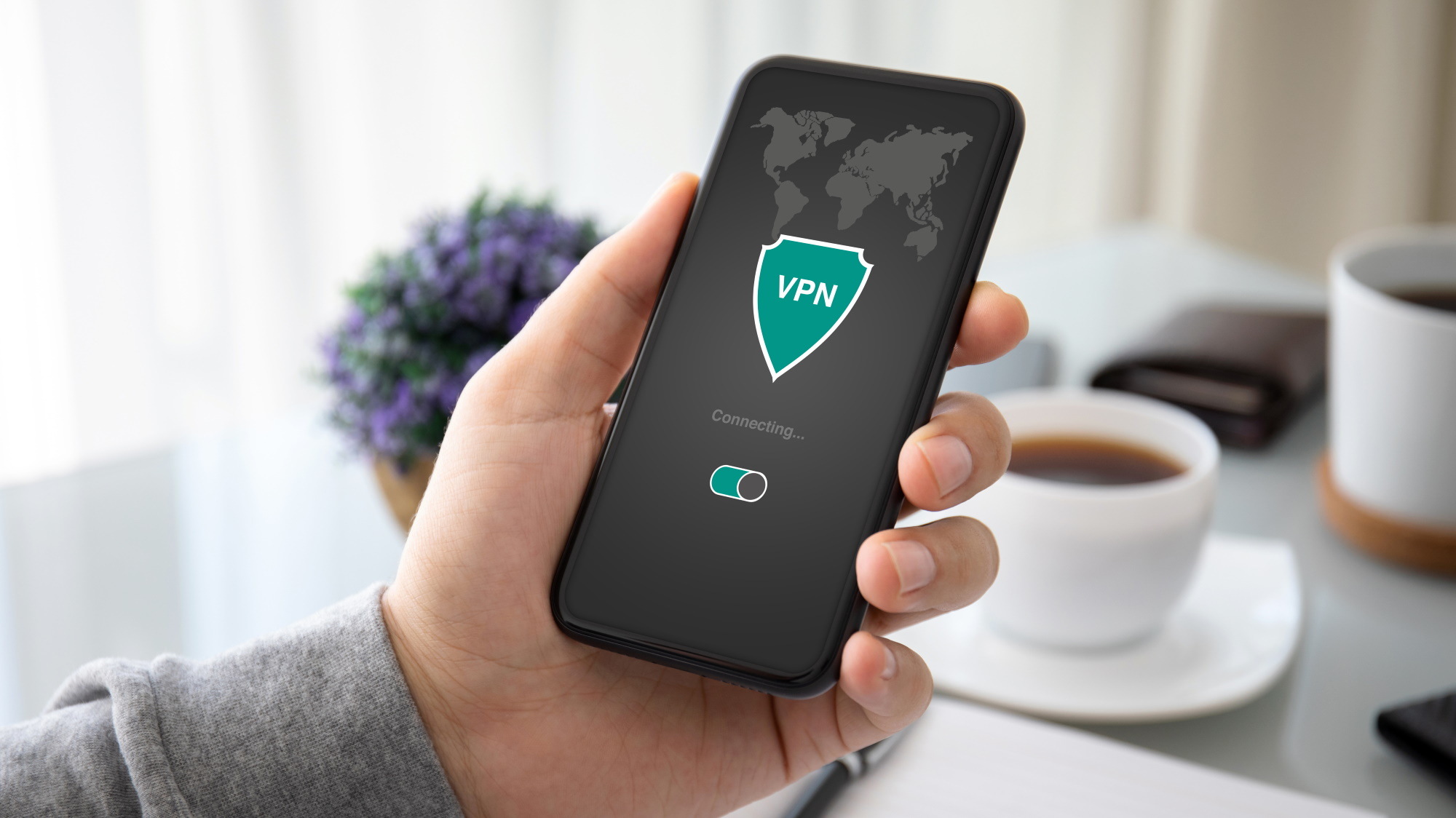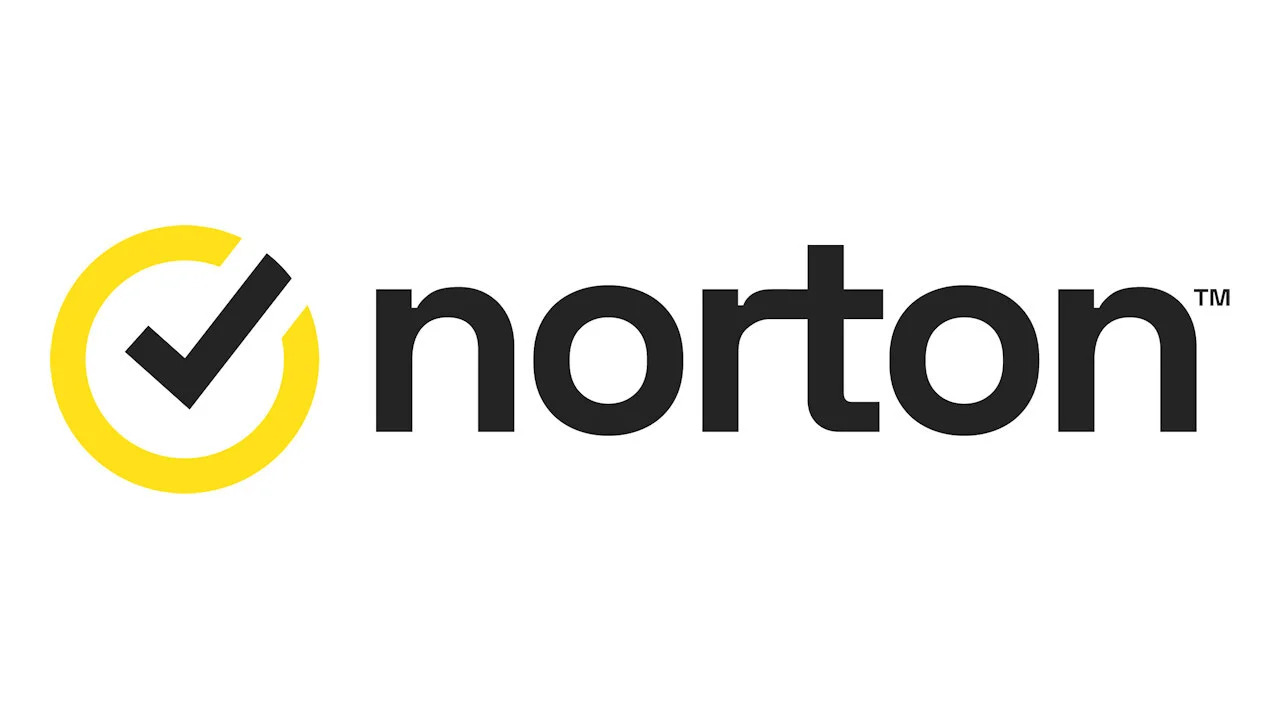Home>Software and Apps>Avast VPN: Logging Policy Revealed


Software and Apps
Avast VPN: Logging Policy Revealed
Modified: September 5, 2024
Discover the truth about Avast VPN's logging policy. Learn how this software and app provider handles your data. Protect your privacy with confidence.
(Many of the links in this article redirect to a specific reviewed product. Your purchase of these products through affiliate links helps to generate commission for Techsplurge.com, at no extra cost. Learn more)
Table of Contents
Introduction to Avast VPN
Avast VPN is part of the Avast One suite of security tools, which includes antivirus software, password managers, and other cybersecurity features. The VPN service protects users' internet traffic by encrypting data and routing it through Avast's servers. This encryption ensures that even if a user's internet service provider (ISP) or any other third party intercepts their data, it will be unreadable without the decryption key.
Read more: Exploring the Benefits of VPNs with No Logs
Key Features of Avast VPN
-
Encryption: Avast VPN uses robust encryption protocols to secure users' data. The service supports multiple encryption protocols, including OpenVPN and IKEv2/IPSec, which are considered to be among the most secure options available.
-
Server Locations: Avast VPN offers a wide range of server locations across the globe, allowing users to connect to the internet as if they were in a different country. This feature is particularly useful for accessing geo-restricted content or bypassing internet censorship.
-
Speed and Performance: Avast VPN is designed to provide fast and reliable connections. The service optimizes its network infrastructure to ensure that users experience minimal latency and high speeds, even when using the VPN.
-
User Interface: The user interface of Avast VPN is intuitive and easy to use. Users can easily connect to the VPN, switch between different servers, and manage their settings using the Avast One app.
Logging Policy of Avast VPN
The logging policy of any VPN service is crucial because it determines how much personal data is collected and how it is used. Avast VPN's logging policy is outlined in their VPN Policy document, which provides detailed information about what data is collected and how it is processed.
Types of Data Collected
Avast VPN collects two main types of data: Service Data and Client Data.
Service Data
Service Data includes information necessary for the operation and maintenance of the VPN service. This includes:
-
Timestamps of Connections: Used to calculate peak times of service demand, manage the number of concurrent active connections, and handle abuse. For example, Avast uses these timestamps to detect sudden disconnects of multiple connections and correlate them with other monitoring data to resolve issues.
-
Amount of Data Transmitted: This data is used to plan for new network capacity and server improvements. For instance, if a particular server is experiencing high traffic, Avast may deploy more capacity to meet demand and ensure speeds stay up for all users.
-
Error Data: Pertains to interactions taken in the app and cannot be used to uncover what users are using the VPN service for. This data is collected to ensure that the VPN clients function properly without errors.
Client Data
Client Data includes information related to user interactions with the VPN app. This includes:
-
Connection Events: Events include attempts to connect, disconnections, connection errors, etc. These are used to operate and provide the VPN service with high quality. For example, how many unknown users get the same error can help in troubleshooting and improving the service.
-
Application Events: Events include auto-connection, uninstall events, etc. They are used for product development and analytics. For instance, how many users do we have? Is a new client-side feature we introduced popular? Are users uninstalling after our latest release?
-
Crash Reports: Generated and sent by the user. They might include data like the user's email, app version, or internal identifiers. These are used to improve the product by identifying and fixing issues.
How Data is Used
The data collected by Avast VPN is used in several ways:
-
Service Optimization: Service Data is used to optimize the VPN service. This includes managing network capacity, handling abuse, and troubleshooting issues. By analyzing the data, Avast can ensure that the service runs smoothly and efficiently.
-
Product Development: Client Data is used for product development and analytics. This helps Avast understand user behavior, identify popular features, and make informed decisions about future updates.
-
Security Measures: Data collected helps Avast implement security measures. For example, by monitoring connection events, Avast can detect potential security threats and take necessary actions to protect users.
Read more: How To Activate Avast VPN
Data Retention Policy
Avast VPN has a clear data retention policy. Service Data is stored for 35 days after which it is deleted on a rolling basis. For example, data created on January 3rd, 2020 gets deleted on February 7th, 2020. This ensures that user data is not retained indefinitely and is in line with privacy standards.
Implications of Avast VPN's Logging Policy
The logging policy of Avast VPN has several implications for users:
-
Privacy Concerns: While Avast VPN does collect some data, it is minimal and primarily used for service optimization and security. However, some users might still have privacy concerns, especially if they are using the VPN for sensitive activities like torrenting or accessing geo-restricted content.
-
Transparency: Avast VPN is transparent about its logging policy. The VPN Policy document provides clear information about what data is collected and how it is used. This transparency is essential for building trust with users.
-
Security: Data collected by Avast VPN helps in implementing robust security measures. By monitoring connection events and error data, Avast can detect potential security threats and protect users.
-
User Experience: Data collected helps in improving the user experience. By understanding user behavior and preferences, Avast can develop features that are more relevant and useful to its users.
Recommendations for Users
If you are considering using Avast VPN, here are some recommendations based on their logging policy:
-
Understand the Data Collected: Before using Avast VPN, it is important to understand what data is collected and how it is used. The VPN Policy document provides detailed information about this.
-
Check Data Retention Period: Avast VPN stores Service Data for 35 days, after which it is deleted. This ensures that your data is not retained indefinitely.
-
Use the VPN for Legitimate Purposes: If you are using the VPN for legitimate purposes like accessing geo-restricted content or protecting your data in public Wi-Fi, you can trust that Avast VPN will not misuse the data collected.
-
Consider Alternatives: If you have severe privacy concerns, you might want to consider alternative VPN services that have more stringent logging policies. However, it is important to note that no VPN service can guarantee complete anonymity, as some data collection is necessary for the service to function properly.
Avast VPN's logging policy is designed to strike a balance between service optimization, security, and user privacy. While some users might still have concerns, the transparency and minimal data collection make it a reliable choice for those seeking a secure and private browsing experience.

